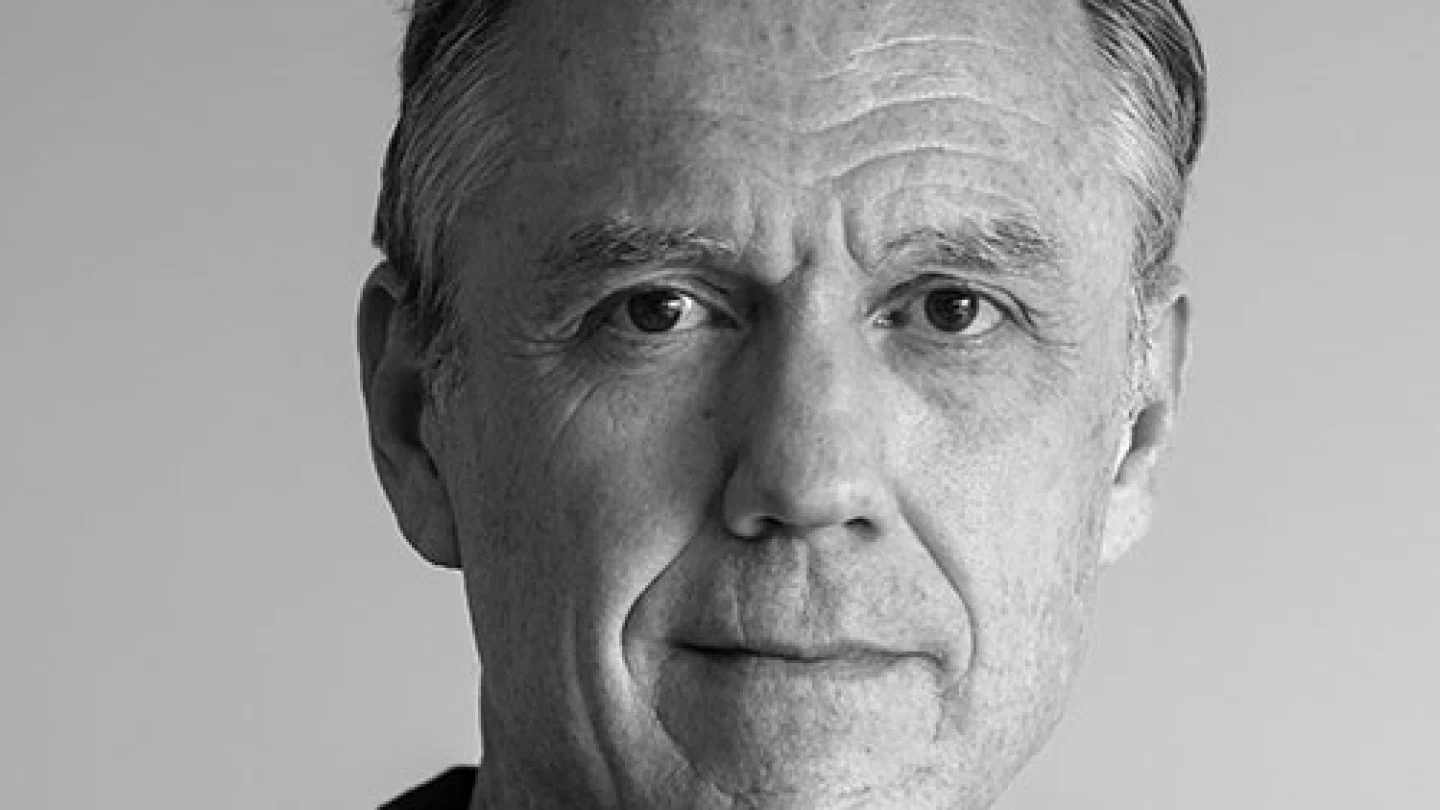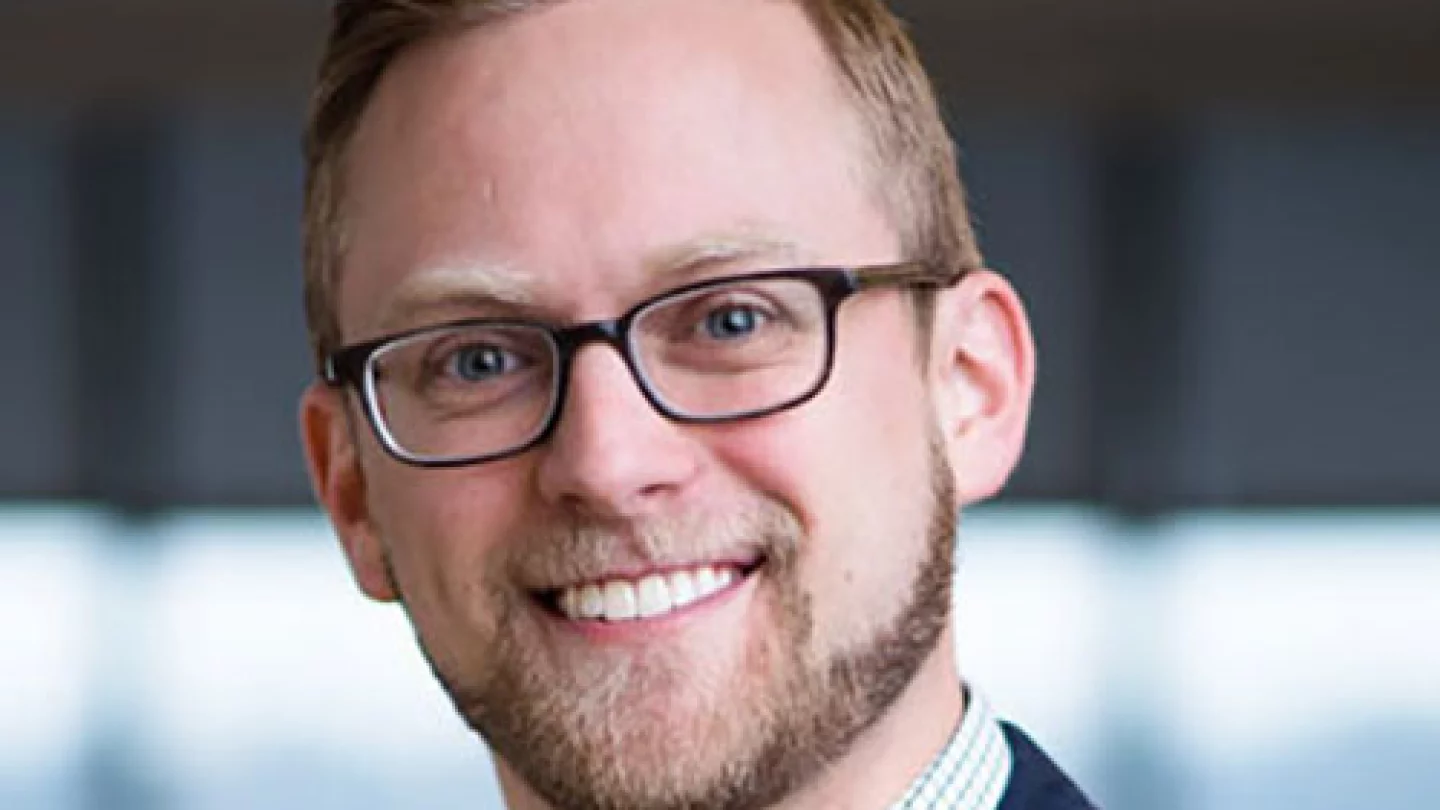Alumni Spotlight
FAQs
I’m an alum who forgot my password. How can I reset it?
Please follow the instructions below:
- Go to BCG.com.
- Click “Log In” (top right of the page).
- Enter Email and click Sign In.
- Click on “Forgot Password?”.
- You will then receive an email to your inbox. Open the email for the verification code.
- Go back to BCG.com, add the verification code and click “Verify”.
- Enter new password and click “Reset Password”.
- You will then be automatically signed in.
I’m an alum who recently moved to a new location. How can I receive local newsletters and event invites to the office closest to me?
Thank you for reaching out! To update your location, feel free to contact Alumni_Relations@bcg.com, and we’d be happy to change this for you. You can also visit our “Contact Us” page to reach local alumni teams for additional information.
I’m an alum who would like to post a job. How can I go about doing this?
Thank you for expressing interest in our Alumni Job Board. Please refer to the following instructions in order to set up your account and gain access:
- Go to BCG.com.
- Click “Log In” (top right corner).If this is your first time accessing BCG.com as an alum: in the pop-up window, select “Retrieve Password” and enter your email address. You should receive an email with a link to create your password for your BCG.com profile.
- Go to https://www.bcg.com/alumni/ and click “Alumni Career Services” at the top of the page.
- Click "BCG Alumni Job Board" to enter the platform.
If you experience any difficulty, please feel free to reach out to AlumniJobBoard@bcg.com.
I’m an alum who would like to post my resume/cv. How can I go about doing this?
Alumni can upload their resume as well as search the resume board. Here are the step-by-step instructions to do so:
- Click My Profile/Resume from the navigation menu.
- Scroll down to the Resume Board section and click the pencil icon in the right corner.
- Click Choose File to upload your resume as a .doc or .pdf.
- If you would like your resume to be searchable by other alumni and recruiters, select Yes and under Share Resume in the Job Board.
- Note: We recommend that you fill out all of the fields on the My Profile/Resume page to increase the searchability of your resume by recruiters and hiring managers.
I’m a current BCG staff member who would like to post a job. How can I do this?
Thank you for expressing interest in our Alumni Job Board! Please refer to the following instructions in order to set up your account and gain access:
- Go to Welcome to BCG's Alumni Network and Click “Log In” (top right corner), using your BCG credentials.
- Click “Alumni Career Services” at the top of the page.
- Click "BCG Alumni Job Board" to enter the platform.
- Navigate to “Post Jobs” and follow the prompts.
If you experience any difficulty, please feel free to reach out to AlumniJobBoard@bcg.com.
I’m an external recruiter who would like to post a job. How can I do this?
Thank you for expressing interest in our Alumni Job Board! Please refer to the following instructions in order to set up your account and gain access:
- Go to https://alumnijobs.bcg.com/login/registration/.
- Fill out the form to create your account.
- Your account request will automatically be sent for approval by BCG Career Services. Approvals generally occur within one business day of submission, and you will receive an email with access credentials upon approval.
- Go to alumnijobs.bcg.com to log in and post roles at any time. New roles follow the same approval process as above, and you will be notified by email when the job is live on the board.
If you experience any difficulty, please feel free to reach out to AlumniJobBoard@bcg.com.




















